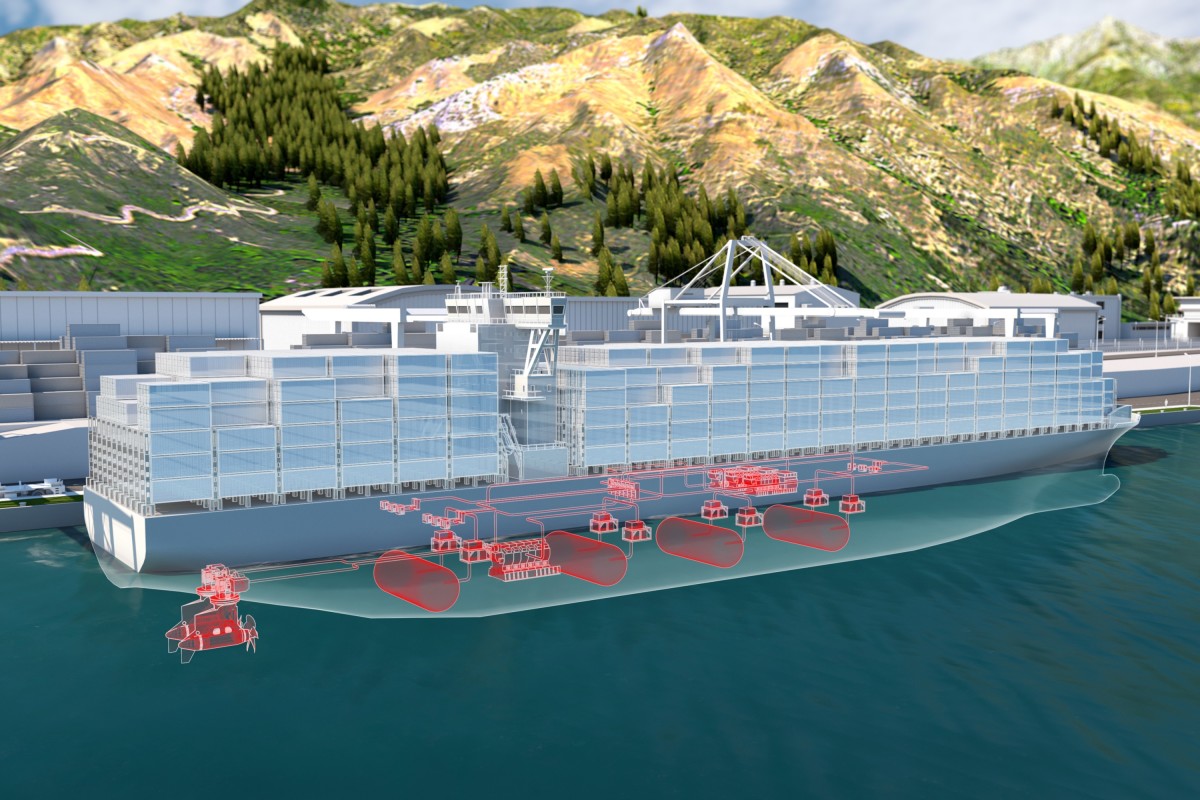a good summary to start go to;
Written June 2022
We can do it, NOW
- Build an expandable, large-scale hydrogen production plant.
- Start building hydrogen infrastructure in major cities.
- Upgrade current natural gas infrastructure to allow for hydrogen blending and, eventually, pure hydrogen.
- Convert one (or more); shipyards to retrofit existing ships, along with bus, truck, and train manufacturing facilities to build vehicles that use hydrogen fuel cells.
- Convert or replace remaining coal-burning power plants to hydrogen or hydrogen hybrid power plants.
- Replace diesel power generating stations with fuel cells for all Arctic communities.
- Talk to experts in all fields about the latest advances.
- Arrange it so that all new municipal buses use fuel cells.
The Cost
The real cost to Canadians rises a little everyday when nothing is done while others solve current hydrogen use challenges.
Canadian governments have recently squandered ($1.5 Billion)[1] dollars on high-risk ventures and long-term projects guaranteed to fail ($21.4 Billion)[2] so far. I think they can allocate at least $2 billion, or more, to jump-start a promising growth industry.
Creating Demand
- All new municipal buses will be hydrogen fueled.
- Replace all government vehicles with electric or hydrogen fuel-cell vehicles
- Build hydrogen powered generating stations[3] to provide baseline energy.
- Replace all the diesel power generating stations[4] in the Arctic with hydrogen powered stations (dark things in snow, like diesel, speed the rate at which snow melts)
- Retrofit an existing shipyard to test-pilot the conversion of the current diesel-powered ships to use hydrogen cells.
- Convert at least one Canadian Naval or Coast Guard vessel power plant to use hydrogen fuel cells.
Potential Customers
- Everyone whom likes to use energy
- Likely Immediate customers
- Asia – In Particular : China, Japan, Korea, Vietnam, and Singapore to start with
- Europe
Continuing to Build Our Future
Focus on building safe, clean, hydrogen power stations.
At some point we may be able to offer others discounted (or even free) power if they sign a long-term agreement to use us as a provider.
The Trans mountain pipeline new pipe installation should be converted to carry hydrogen and the original pipeline from 1968 should be retired.
I, therefore, propose that the first expandable hydrogen production plant should be located somewhere near the head of the trans mountain pipeline creating much-needed jobs and having the geographic advantage of being close to the Site C dam and the North Saskatchewan river.
We should approach all hydrogen producers requesting collaboration in hydrogen research – specifically in aviation and aerospace industry as the next breakthroughs will occur there.
To quote Glenn Llewellyn, Airbus VP of Zero-Emission Aircraft
”There are a number of reasons. First, hydrogen doesn’t produce any CO2 emissions, if generated from renewable energy through electrolysis. This would essentially allow aviation to be powered by renewable energy. In addition, hydrogen may enable us to significantly reduce or even eliminate NOx and contrails. Second, as the energy sector continues its transition towards clean energy sources, we expect the cost of hydrogen to significantly decline over the next decade as its production ramps up at a large scale. This will make it increasingly cost-competitive with existing options, such as jet fuel. Finally, we won’t be satisfied with simply putting a hydrogen-powered aircraft into the air: we’re targeting wide-scale adoption and that starts with putting in place hydrogen infrastructure worldwide. We believe airports should already start using hydrogen to decarbonise their ground transportation ecosystem, thereby enabling hydrogen to scale up at airports in preparation for future hydrogen aircraft by the mid-2030s. “[5]
I am sold on the viability of hydrogen as a significant source of energy for the following reason:
- it lacks all the drawbacks of other renewable sources of energy, and can confer all the benefits[6] of fossil fuels without the negative aspects[7]
It is highly probable that hydrogen will be the next dominant form of energy. Are we going to teach others the best practices surrounding hydrogen use? Or be taught?
I suggest we get at it.
Be Seeing You
[1] https://calgary.ctvnews.ca/kenney-calls-biden-s-keystone-xl-cancellation-gut-punch-to-albertans-1.5274690
[2]https://www.cbc.ca/news/politics/vassy-trans-mountain-pipeline-1.5455387
[3] https://www.ballard.com/markets/mw-stationary-power
[4] https://www.ballard.com/markets/mw-stationary-power
[5] https://www.airbus.com/newsroom/news/en/2021/01/hydrogen-most-promising-zero-emission-technology.html
[6] https://www.hydrogenenergycenter.org/benefits-of-the-hydrogen-economy
[7] https://futureofworking.com/10-advantages-and-disadvantages-of-hydrogen-fuel-cells/
https://www.altenergymag.com/article/2009/04/the-history-of-hydrogen/555/
